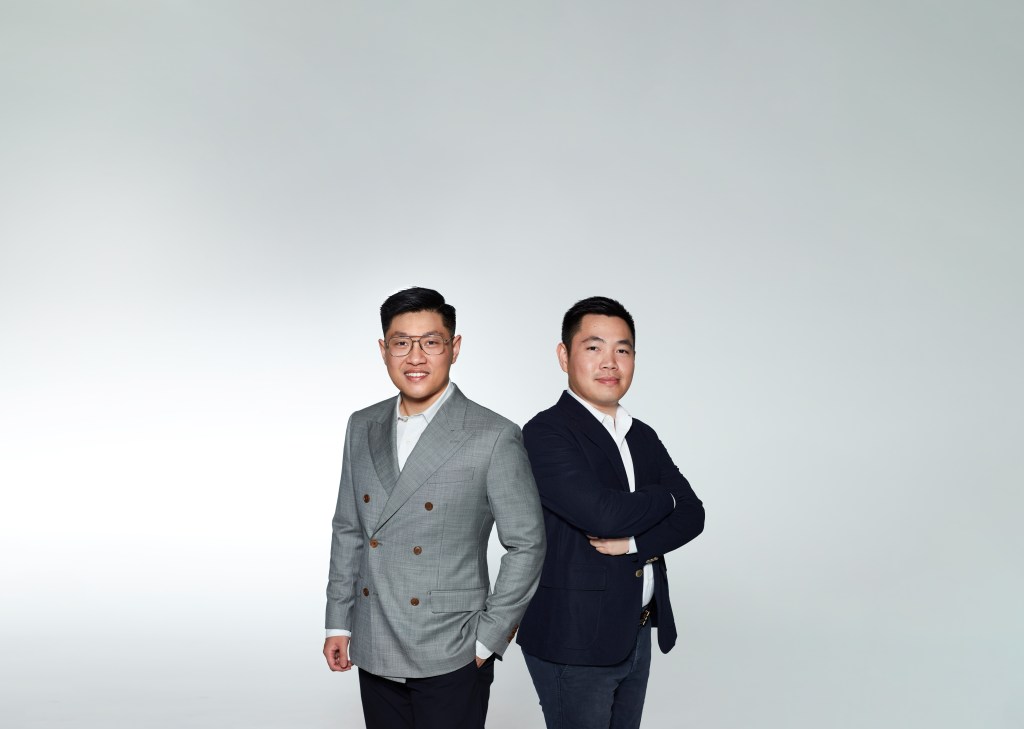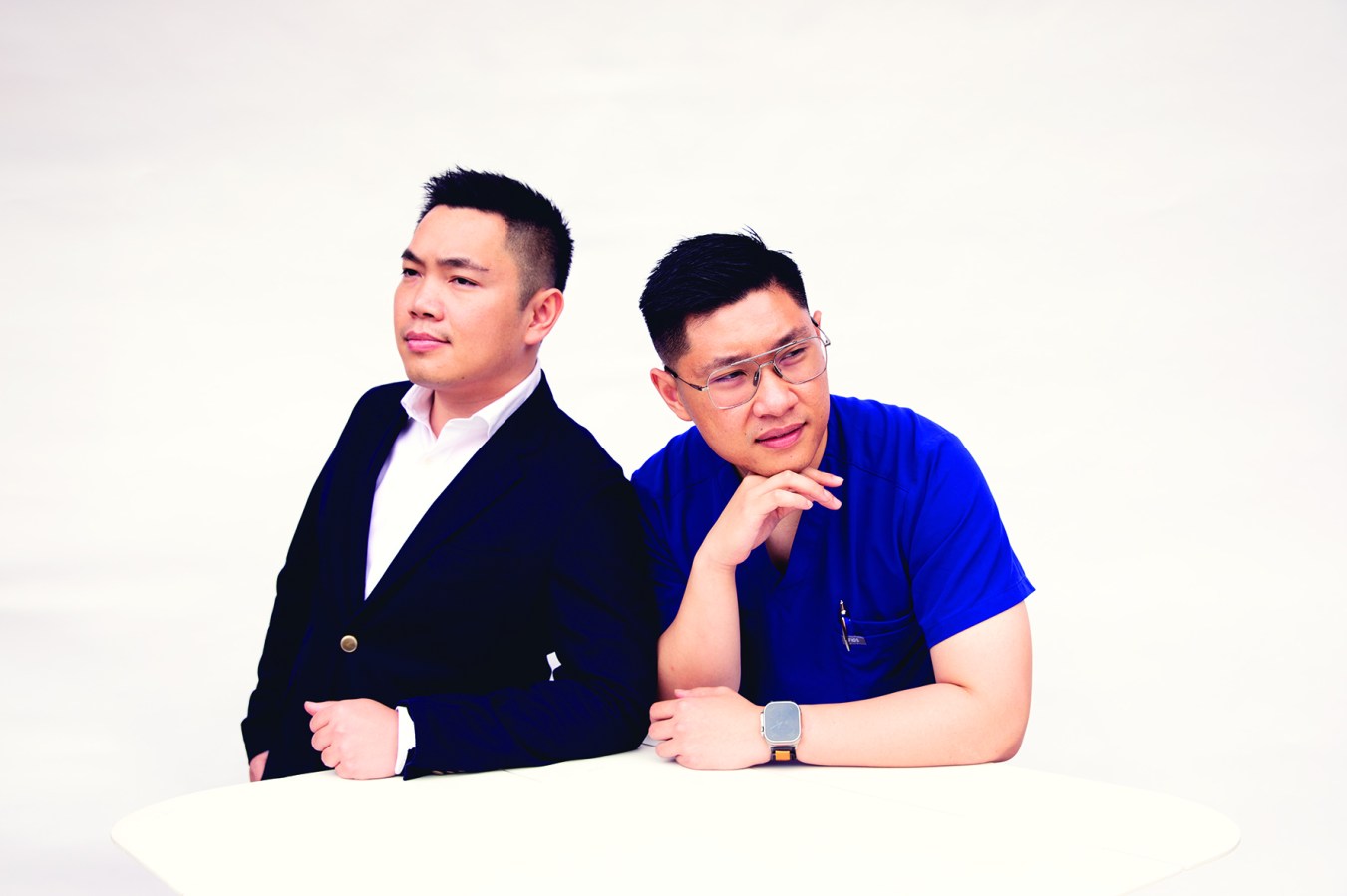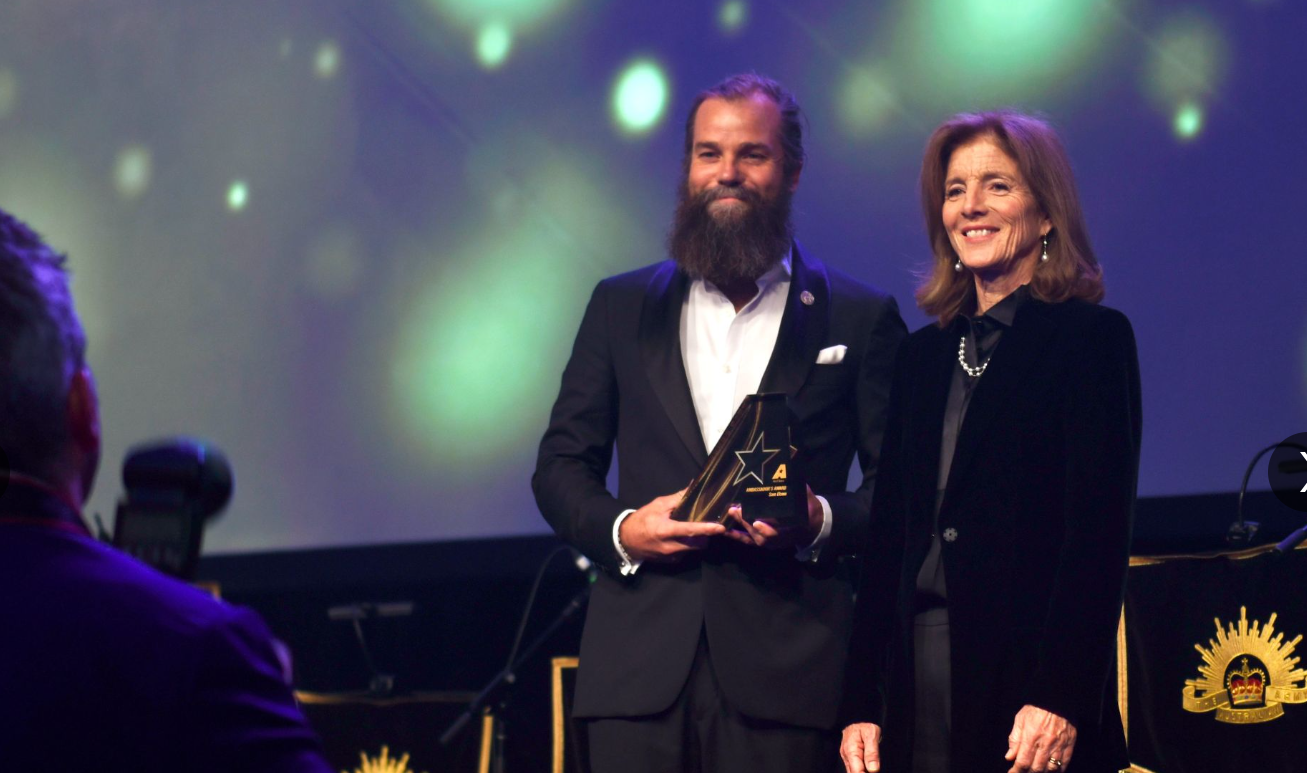Early-stage results of the company’s AI chest X-ray solution across the NHS in Scotland show Harrison.ai could save 600 lives a year in the country.

Dimitry and Aengus Tran founded medical technology company Harrison.ai in 2018, with a view to save a million lives a day by 2025. On its way to achieving that mission, the company built Annalise.ai – a solution that helps radiologists identify chest and brain diseases and illnesses to improve patient outcomes.
Annalise.ai’s chest X-ray solution has been trained to detect tumours after having more than 820,000 chest X-ray images from patients around the world uploaded to its database. And since 2022, it’s been undergoing trials across 12 clinical sites in Scotland operated by the NHS.
“It’s really transforming lung cancer care in Scotland,” Dimitry Tran says. “In the Aberdeen area, it’s quite challenging in terms of people getting access to care, because it’s so difficult to recruit radiologists, pathologists and doctors. So, many people wait a long time to get their cancer diagnosis.”
The lack of radiologists is hitting Australia, too, due to increasing demand for imaging studies, an aging population and clinician burnout.
But early-stage results of the trials show Annalise.ai which is capable of identifying the suspected presence of up to 124 findings on chest X-rays, shaved nine days off the time to treatment (48 compared to 57).
It also showed that 21% of lung cancer patients would have been diagnosed about 10.5 months earlier with Annalise.ai, and there was a 26% increase in treatable lung cancer (T1-T3 stage).
“If these early results hold out, every year about 600 people per year could be diagnosed earlier in Scotland,” Tran says.
“Everyone has a different opinion about AI – is it a good thing? Is it a bad thing? But this is a clear example where AI is useful – it’s all positive.”
Dimitry Tran, co-founder, Harrison.ai
Already, Annalise.ai is the most deployed AI solution in Australia, with 1 in 3 radiologists having access to the technology. But globally, reach is growing. The company recently won the tender to work with the Health Authority of Hong Kong, and its decision-support AI will be used in Accident and Emergency departments across the entire public health system in Hong Kong. It’s also working with close to 50 NHS Trusts in the UK, and is progressing commercial opportunities in Italy, Germany, Holland and Switzerland.
Each Annalise.ai chest X-ray costs between $2 and $5 – “less than a Starbucks,” as Tran says. But with a billion performed around the world, Harrison.ai’s revenue model is built for scale.
“The opportunity for revenue and the potential addressable market is huge,” he says. “We’re never concerned we don’t have enough market size to grow into. Our foremost concern is having the correct outcomes for patients.”
While Annalise.ai’s chest X-ray technology is Harrison.ai’s most-deployed product, the company is making its way down the list of much-needed solutions for radiologists. Its CT brain AI, which covers 130 indications (including brain tumours, stroke patients and skull fractures), is currently live across 17 public hospitals in Hong Kong.
“I was there two weeks ago and it was so emotional landing in a place knowing that every hospital benefits from the technology we have a hand in building. It’s over 100,000 patients a year,” Tran says. “Everyone has a different opinion about AI – is it a good thing? Is it a bad thing? But this is a clear example where AI is useful – it’s all positive.”
Related
Now, it’s currently developing its next product – a CT chest solution.
“If you think about the biggest investigation or diagnosis that people do when they go to the hospital, it’s the chest X-ray. There are a billion of those a year,” Tran says.
“Then it’s the CT brain, and the third most-common is the CT chest. Really, we want to help with the bread and butter of radiology, and these three solutions represent about 50% of all radiology scans that hospitals do. It’s a good milestone for us to be able to be there in half of all cases, but our goal is to get to 70, 80%.”
In 2021, Harrison.ai closed the largest Series B round for an Australian start-up (at the time), with an $129 million capital injection. To date, the company has raised nearly $160 million, which includes a strategic investment by the $20.5 billion pathology company, Sonic Healthcare. And after multiple successful trials and increased interest in AI for healthcare, Tran says investors often show interest.
“As a startup, we’re always raising capital,” he says. “We have ongoing conversations with many investors, because as the market leader, we tend to get a lot of inbound inquiry.”
The company is also still developing Franklin.ai, an AI-powered pathology solution, in joint venture with Sonic Healthcare.
Look back on the week that was with hand-picked articles from Australia and around the world. Sign up to the Forbes Australia newsletter here or become a member here.



